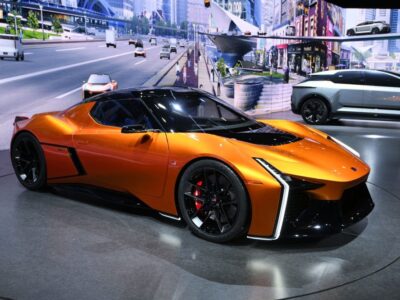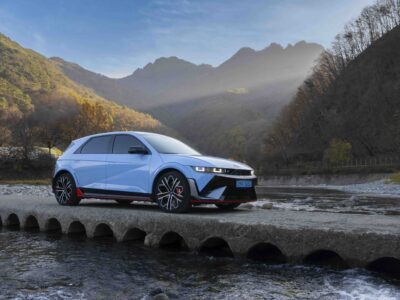On March 28, Japan and the U.S. reached a new trade agreement which limits export restrictions on battery minerals such as lithium, cobalt, and nickel. The new trade deal reduces reliance on Chinese-mined metals and opens eligibility for Japanese auto companies to benefit from incentives from the Inflation Reduction Act’s (IRA) electric vehicle (EV) tax provisions. According to Japan trade minister Yasutoshi Nishimura, electric cars with materials made or processed in Japan will be eligible for this new program.
When the IRA first passed, it limited tax incentives on EV materials and manufacturing to North America in an effort to boost the American economy and produce more tech domestically. This trade pact with Japan could increase the number of international EVs available in the U.S. This hope is this new deal will expand access to cars produced in the European Union (EU) and South Korea.

Only days after the trade deal was announced, the Treasury Department outlined proposed guidelines for EV tax credits, with critical minerals taking center stage. Starting in April 2023, to meet the requirement and $3,750 tax credit eligibility 40% of critical minerals in the EV battery must be” produced or extracted within the U.S., a country that the U.S. has a free trade agreement with, or be recycled in North America. Battery components must adhere to the IRA’s guidelines to receive the full $7,500 tax credit.
“Securing critical minerals, which are necessary for electric vehicles, is an important issue to tackle as demand for these cars is expected to exponentially increase,” Japanese trade minister Nishimura said.
Before this deal passed, the Treasury Department and Internal Revenue Service signaled they were willing to revamp some of the policies about critical minerals and battery components.
A white paper released on Dec. 29, 2022, defined the difference between critical minerals and battery components. This update expands the number of countries available to source these metals.

The white paper also defines who falls in the free trade realm. The U.S. currently does not have free trade pacts with the EU, Japan, or South Korea. This latest deal is not a free trade agreement. However, it will give Japan similar status for lithium and cobalt exports. Less restrictive policies toward foreign EV technology will provide the U.S. with more options for material sourcing.
Even though the top three-selling automobiles in 2022 were American-made pickup trucks, Japanese brands are not far behind. Fewer tax restrictions on Asian and European EVs give Americans more options.





